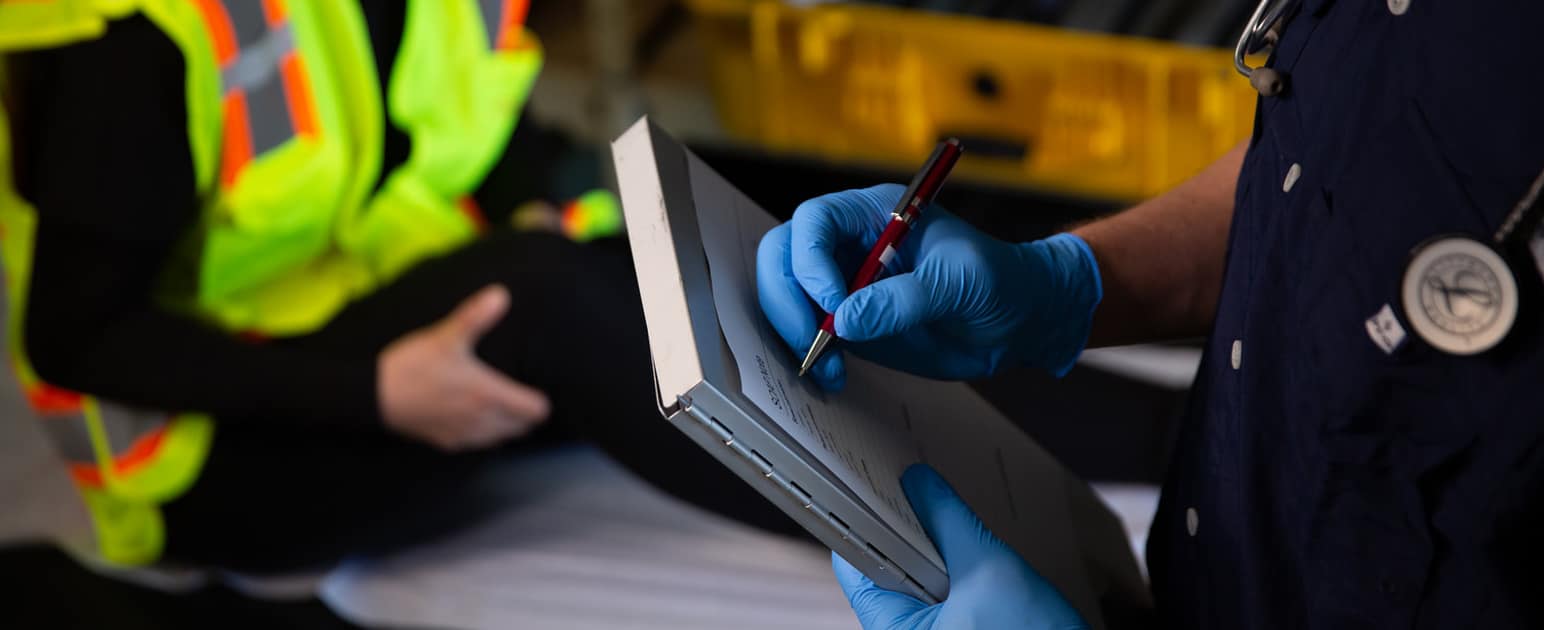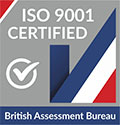Understanding HIPAA (Health Insurance Portability and Accountability Act of 1996) outside of the U.S. is not always straightforward. Operating in some of the most challenging places in the world, Remote Medical International has ethical and legal responsibilities to local communities to respect their ways of life and follow local laws, but also protect our patient’s medical information.
In 2015, Remote Medical International was operating a local clinic in Africa for a client’s industrial project. A local national who was employed on the project approached our providers on-site with significant medical symptoms.
After our providers took care of the patient and coordinated additional care with our client, local members of the community raised concerns about the nature of the injury and treatment provided. However, some of the requested information was protected by HIPAA.
In most cases, the responsibilities and requirements to our patients and local communities align, but occasionally we face a difficult situation where conflicting demands can create challenges that we must address while staying true to our ethical standards and policies.
To meet these responsibilities, we established a set of policies and protocols to deal with personal health information across the globe. In cases where local standards exceed HIPAA requirements, we meet those standards. In cases where local standards are unclear, we adhere to industry best practices established by HIPAA, as it sets a high bar for the management and dissemination of personal health information.
For this local community, the main concern was whether local customs or laws may have been violated, some of which could cause disruption for our client. Acting with the utmost respect for local traditions, our staff engaged in conversation with the local leaders around this incident.
Local leaders invited our team to participate in a conversation known as a Baraza, which means, “the coming together of different people.†Under the hot African sun, our team sat beneath a tree with the local elders and engaged in a Baraza around their concerns about this patient’s treatment.
Although we could have quickly addressed the concerns of the local community leaders by sharing details about the medical case, our providers knew we would violate our ethical standards and policies.
Our staff instead decided to build trust among the local leaders by participating in the Baraza. Â Each group shared their legitimate concerns and held to their own code of ethical standards.
“Our focus in this conversation was to build trust and show to the local village and the elders that we had the best interests of the patient in our mind,†said Field Operations Supervisor Andy Kimmell.
The Baraza concluded successfully, and all members felt their concerns had been addressed to their satisfaction, with no one’s ethical standards violated.
“We were able to do so without explaining patient specifics and by listening and hearing everybody. We were able to walk away with mutual satisfaction of all parties,†said Kimmell.
It is important to Remote Medical International to keep HIPAA Standards wherever we operate in the world, from the United States to Africa. To learn more about how we can manage your medical needs by following legal standards, contact us at remotemedical.com.


